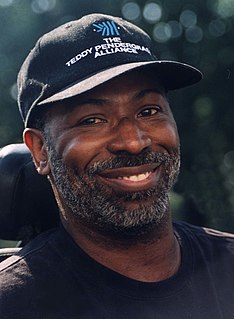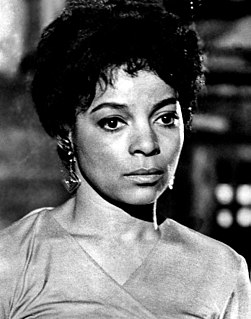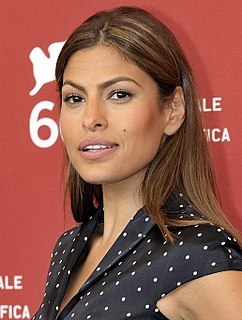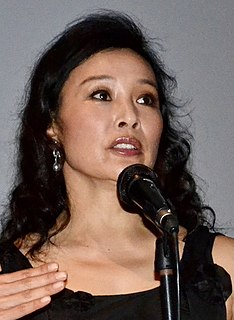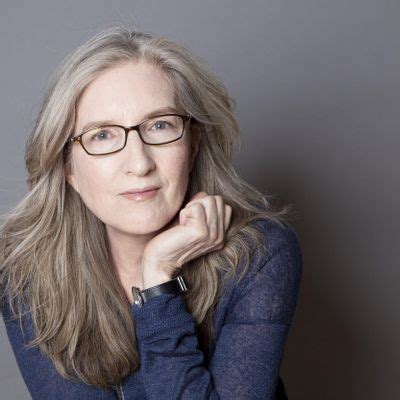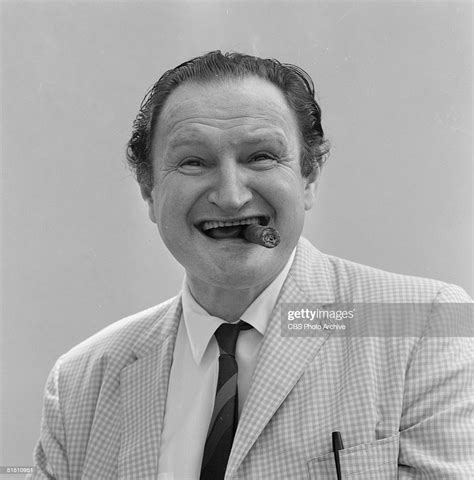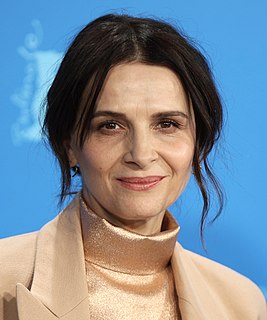A Quote by Mahmoud Darwish
Sometimes I feel as if I am read before I write. When I write a poem about my mother, Palestinians think my mother is a symbol for Palestine. But I write as a poet, and my mother is my mother. She's not a symbol.
Related Quotes
My mother - my stepmother, really, she herself have been what they call an elocutionist. And she was the one who first encouraged me to write poetry, because she used to read it to us. And then when I began to write when I was nine years old, my first poem was published in the Amsterdam News. I called it "The Graveyard."
The only reason we write - well, the only reason why I write; maybe I shouldn't generalize - is so that I can find out something about myself. Writers have this narcissistic obsession about how we got to be who we are. I have to understand my ancestors - my father, his mother and her mother - to understand who I am. It all leads back to the narcissistic pleasure of discovering yourself.
India was the motherland of our race, and Sanskrit the mother of Europe's languages: she was the mother of our philosophy; mother, through the Arabs, of much of our mathematics; mother, through the Buddha, of the ideals embodied in Christianity; mother, through the village community, of self-government and democracy. Mother India is in many ways the mother of us all.
A lot of people say that Eleanor Roosevelt wasn't a good mother. And there are two pieces to that story. One is, when they were very young, she was not a good mother. She was an unhappy mother. She was an unhappy wife. She had never known what it was to be a good mother. She didn't have a good mother of her own. And so there's a kind of parenting that doesn't happen.


